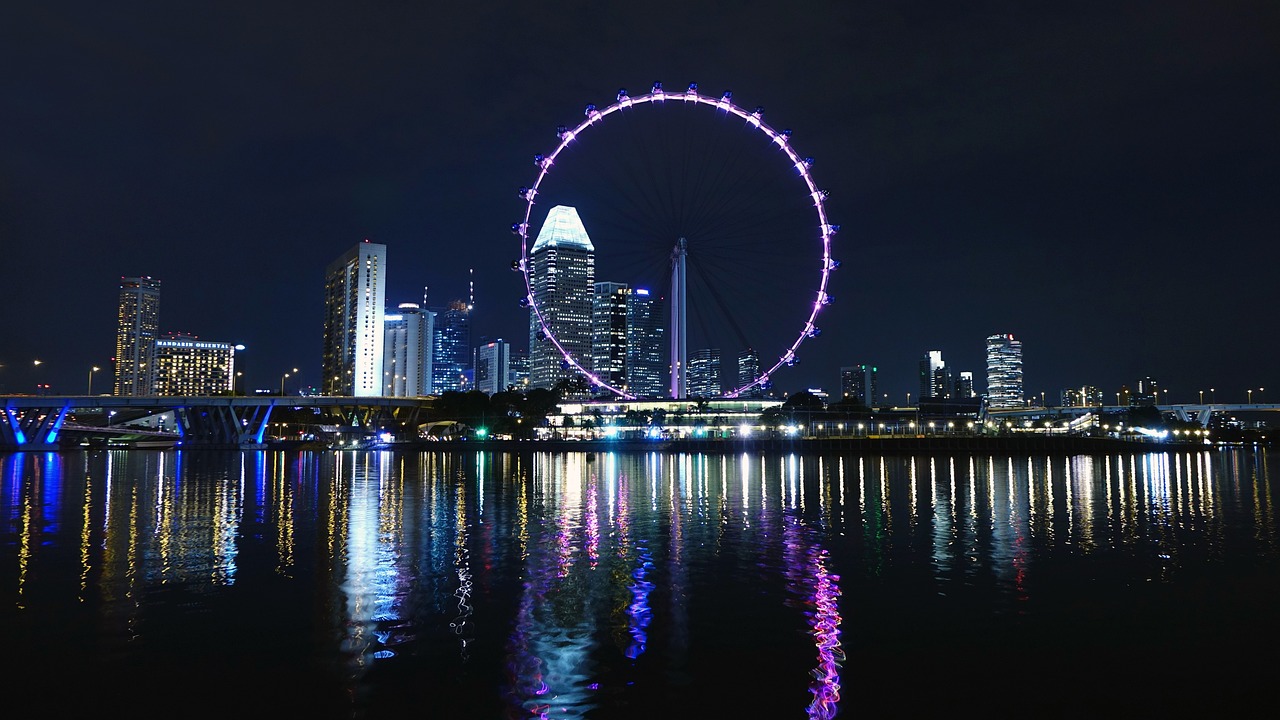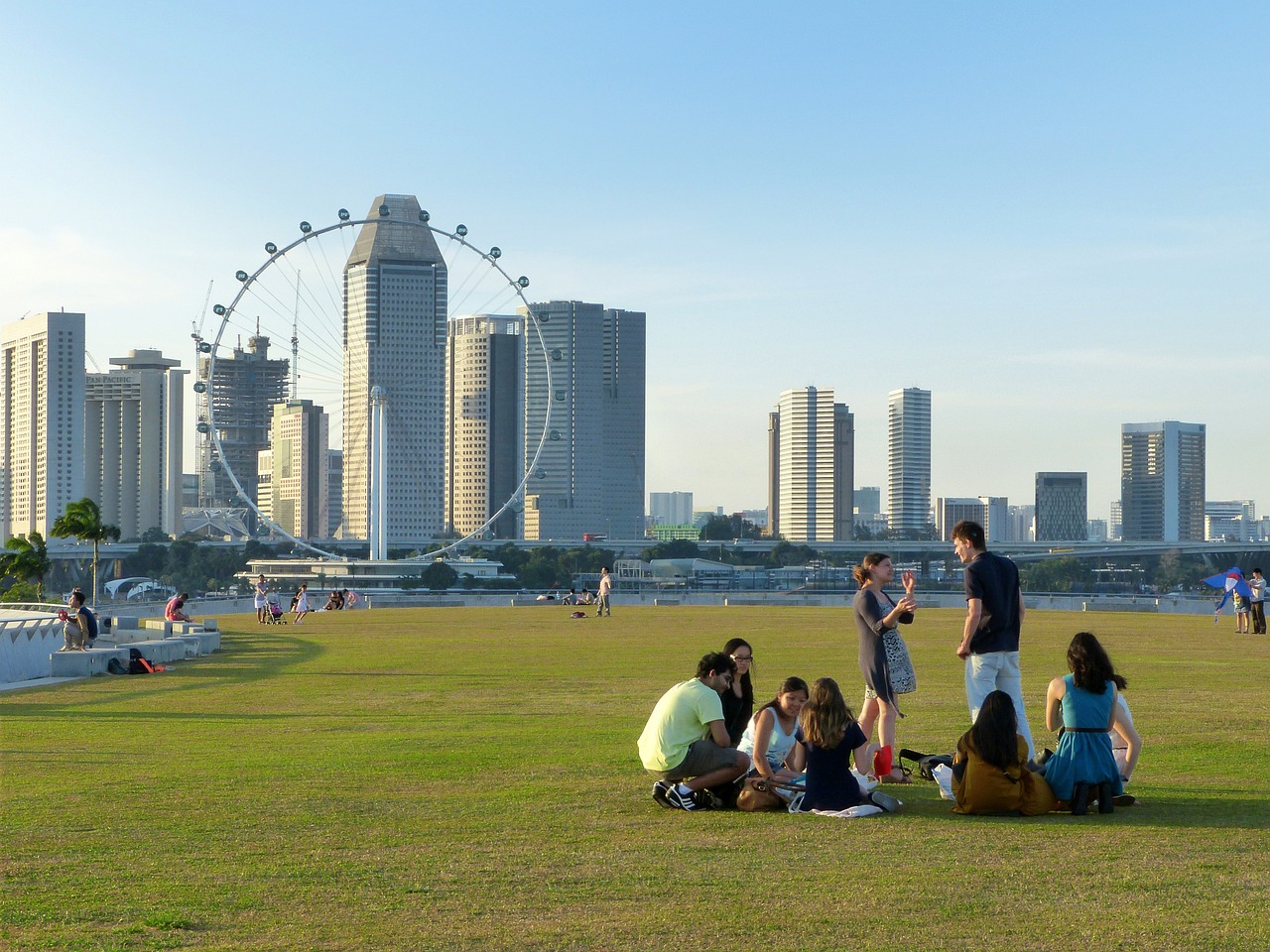Safety Tips for Remote Workers in Singapore
Working remotely has become increasingly common in Singapore, especially with the rise of digital nomads and flexible work arrangements. While remote work offers many benefits, it also presents unique safety challenges. This article aims to provide remote workers in Singapore with essential safety tips to ensure their well-being and security while working from various locations. By following these guidelines, remote workers can have peace of mind and focus on their work without compromising their personal safety.
Section 1: Choosing Safe Locations
When working remotely in Singapore, it is crucial to choose safe and secure locations. Consider the following tips:
- Research the Neighborhood: Before settling on a location, research the neighborhood’s safety reputation and crime rates. Look for areas with low crime rates and a strong security presence.
- Proximity to Emergency Services: Choose a location that is close to hospitals, police stations, and other emergency services. This ensures quick access to help in case of an emergency.
- Secure Wi-Fi: Ensure that the location you choose has a secure and reliable Wi-Fi network. Avoid connecting to public Wi-Fi networks that may be vulnerable to hacking or data breaches.
- Secure Accommodation: If you are staying in accommodation, ensure that it has proper security measures such as secure entrances, CCTV surveillance, and secure locks on doors and windows.

Section 2: Personal Safety Measures
While working remotely, it is essential to take personal safety measures to protect yourself. Consider the following tips:
- Keep Valuables Secure: Keep your laptop, smartphone, and other valuable items secure at all times. Invest in a reliable lock or portable safe to store your belongings when you are away from your workspace.
- Stay Aware of Your Surroundings: Be observant of your surroundings and stay aware of any suspicious activities or individuals. Trust your instincts and move to a safer location if you feel uncomfortable.
- Inform Others of Your Whereabouts: Let someone know your work location and schedule, especially if you are working alone. This ensures that someone is aware of your whereabouts in case of an emergency.
- Emergency Contacts: Keep a list of emergency contacts handy, including local authorities, your embassy or consulate, and any local support network or colleagues who can assist you in case of an emergency.
Section 3: Cybersecurity
Cybersecurity is a crucial aspect of remote work. Protect your digital assets and sensitive information with these tips:
- Use Strong and Unique Passwords: Create strong and unique passwords for your devices, accounts, and online platforms. Consider using a password manager to securely store and manage your passwords.
- Enable Two-Factor Authentication: Enable two-factor authentication (2FA) whenever possible to add an extra layer of security to your accounts. This requires a second form of verification, such as a code sent to your mobile device.
- Update Software Regularly: Keep your devices and software up to date with the latest security patches and updates. This helps protect against known vulnerabilities and ensures you have the latest security features.
- Use Virtual Private Networks (VPNs): When accessing sensitive information or using public Wi-Fi networks, use a VPN to encrypt your internet connection and protect your data from potential hackers.

Section 4: Personal Health and Well-being
Maintaining good health and well-being is essential for remote workers. Consider the following tips:
- Ergonomic Workspace: Set up an ergonomic workspace to prevent physical discomfort and injuries. Use an adjustable chair, ergonomic keyboard, and monitor to maintain proper posture.
- Take Regular Breaks: Avoid sitting for extended periods and take regular breaks to stretch, move around, and give your eyes a rest from screens. Consider using the Pomodoro Technique, which involves working in short bursts with regular breaks.
- Maintain a Healthy Work-Life Balance: Set clear boundaries between work and personal life to avoid burnout. Establish a routine, allocate specific work hours, and make time for relaxation, hobbies, and social activities.
- Stay Active: Engage in regular physical exercise to counteract the sedentary nature of remote work. Incorporate activities such as walking, jogging, or joining a local fitness class to stay active and maintain overall well-being.
Section 5: Transportation Safety
When commuting or traveling within Singapore, prioritize your safety with these transportation tips:
- Use Licensed Transportation Services: Opt for licensed taxi services or reputable rideshare platforms to ensure your safety during transportation. Avoid unlicensed or unofficial vehicles.
- Share Trip Details: Share your trip details, including the route and estimated arrival time, with a trusted friend or colleague. This provides an extra layer of security and someone who can raise an alarm if needed.
- Stay Alert during Commutes: When using public transportation, stay alert and be mindful of your belongings. Avoid displaying valuable items and be cautious of pickpockets or any suspicious activity.
- Plan Ahead: Familiarize yourself with Singapore’s transportation system, including bus and train routes, to ensure efficient and safe travel. Use reputable navigation apps for real-time updates and directions.
Section 6: Emergency Preparedness
Being prepared for emergencies is crucial for remote workers. Follow these tips to ensure you are ready for unexpected situations:
- Know Emergency Exits: Familiarize yourself with the emergency exits and evacuation procedures of the buildings or locations you frequent. This knowledge can be critical in case of fire or other emergencies.
- Carry First Aid Kit: Keep a basic first aid kit with essential supplies such as bandages, antiseptic wipes, and pain relievers. Familiarize yourself with basic first aid procedures.
- Have Emergency Cash: Keep a small amount of emergency cash in a secure location in case you encounter situations where electronic payments are not possible.
- Register with Your Embassy: If you are a foreign remote worker, consider registering with your embassy or consulate in Singapore. This allows them to assist you in case of emergencies or provide relevant updates.

Conclusion
Remote work in Singapore offers flexibility and freedom, but it’s crucial to prioritize safety. By following the safety tips outlined in this article, remote workers can enhance their personal security, protect their digital assets, and maintain good health and well-being. Remember to research safe locations, take personal safety measures, prioritize cybersecurity, prioritize personal health, stay safe during transportation, and be prepared for emergencies. By implementing these safety measures, remote workers can enjoy a productive and secure work experience in Singapore.
References
– Singapore Police Force: www.police.gov.sg
– Ministry of Manpower Singapore: www.mom.gov.sg
– Singapore Civil Defense Force: www.scdf.gov.sg
– Health Promotion Board Singapore: www.hpb.gov.sg

